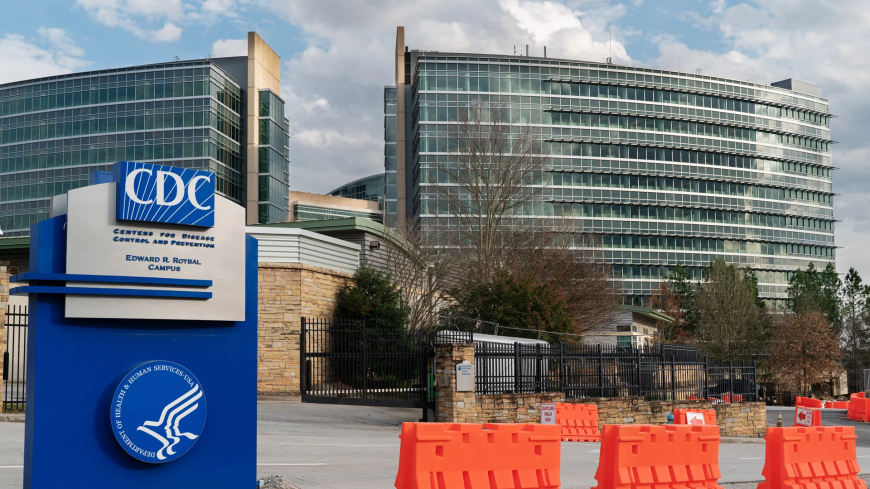Health Crisis Meets Politics: CDC Under Fire
The removal of CDC Director Dr. Susan Monarez sparks resignations and alarms over political interference in public health. Experts warn the turmoil could endanger U.S. crisis readiness.

A Stunning Shakeup at America’s Public Health Nerve Center
In a move that has stunned the medical and scientific community, Dr. Susan Monarez, the newly appointed director of the Centers for Disease Control and Prevention (CDC), has been forced out of her position less than a month after her Senate confirmation.
Her attorneys maintain that Monarez did not resign and was not lawfully terminated, raising urgent questions about the legality of her removal and the independence of one of the nation’s most vital public health institutions.
The controversy has triggered a chain reaction inside the CDC, with three senior officials resigning in protest, citing deep concerns over the politicization of science.
A Clash Between Science and Politics
At the center of the storm is an alleged standoff between Dr. Monarez and Health and Human Services Secretary Robert F. Kennedy Jr. Multiple sources indicate that Monarez resisted pressure to endorse directives on vaccines that lacked sufficient scientific backing and appeared politically motivated.
“Her removal represents a dangerous precedent,” said Dr. Alan Rodriguez, a former CDC epidemiologist. “If the agency’s director can be pushed out for refusing to rubber-stamp unscientific orders, what happens the next time we face a real public health emergency?”
The rift illustrates the precarious balance between political authority and scientific autonomy at a time when trust in public health remains fragile following the COVID-19 pandemic.
Resignations Signal Internal Revolt
The resignations of Dr. Debra Houry, Dr. Daniel Jernigan, and Dr. Demetre Daskalakis—all senior CDC leaders—are more than symbolic. Collectively, they represent decades of institutional knowledge in emergency preparedness, epidemiology, and infectious disease control.
In their exit statements, the officials denounced what they called “systemic obstruction of expertise” and warned that the CDC’s ability to respond to crises is being compromised from within.
“This is not just about leadership changes,” one resigned official told NewsSutra. “It’s about whether America will still have a functioning, independent public health agency when the next crisis strikes.”
Wider Fallout Across the Health Sector
Public health professionals across the U.S. are voicing alarm. The American Public Health Association called the developments “a direct threat to scientific integrity.” Several state health departments have begun reassessing their coordination with the CDC, fearing instability at the federal level could disrupt data sharing and outbreak monitoring.
Healthcare analysts also warn that this turmoil comes at a dangerous time. New concerns over avian influenza outbreaks, rising antimicrobial resistance, and ongoing climate-driven health threats demand strong, science-based federal leadership.
“If politics overwhelms evidence, America risks repeating past mistakes where crises spiraled due to hesitation or misinformation,” said Dr. Elaine Carter, professor of global health at Emory University.
Legal and Constitutional Questions
The legality of Monarez’s removal is emerging as a parallel battle. Since she was Senate-confirmed, constitutional scholars argue that only the president or a formal impeachment process should be able to remove her. Her attorneys are already signaling a possible lawsuit to challenge what they call an “unlawful dismissal.”
“This case could set a historic precedent,” said constitutional lawyer Michael Trent. “The question is whether science-based federal positions are protected from arbitrary political purges.”
The Larger Picture
Beyond the immediate crisis, the ousting of Dr. Monarez raises urgent questions about the future of science-driven governance in the United States.
For decades, the CDC has been considered the world’s gold standard in disease surveillance and outbreak response. But repeated political clashes—from the early days of COVID to present—have eroded its credibility. Now, with senior leadership in turmoil, the agency risks losing both its authority and the public’s trust.
As the U.S. braces for the next health emergency, the message from this week’s events is clear: science and politics are colliding in ways that could define the nation’s preparedness for years to come.














